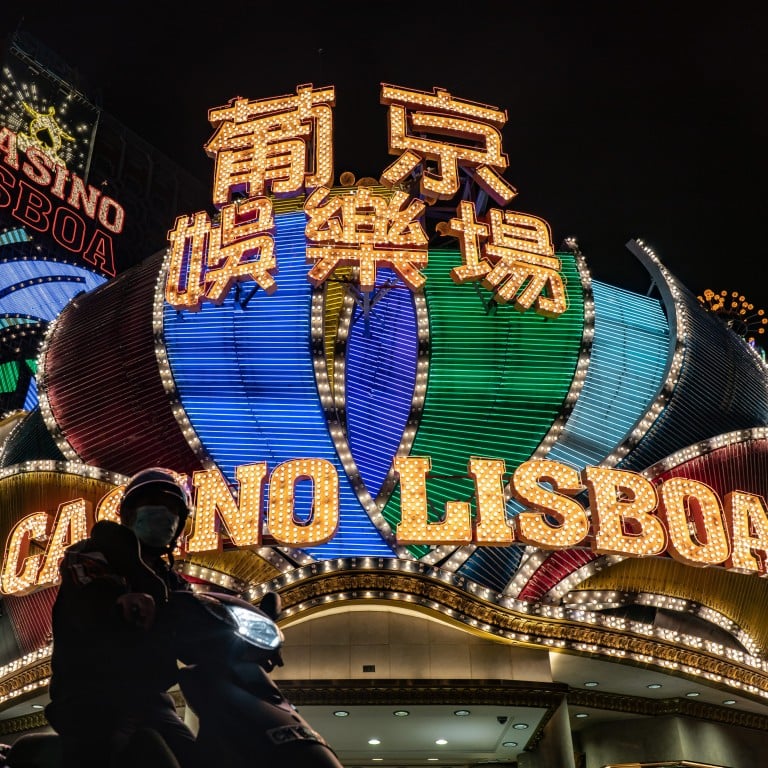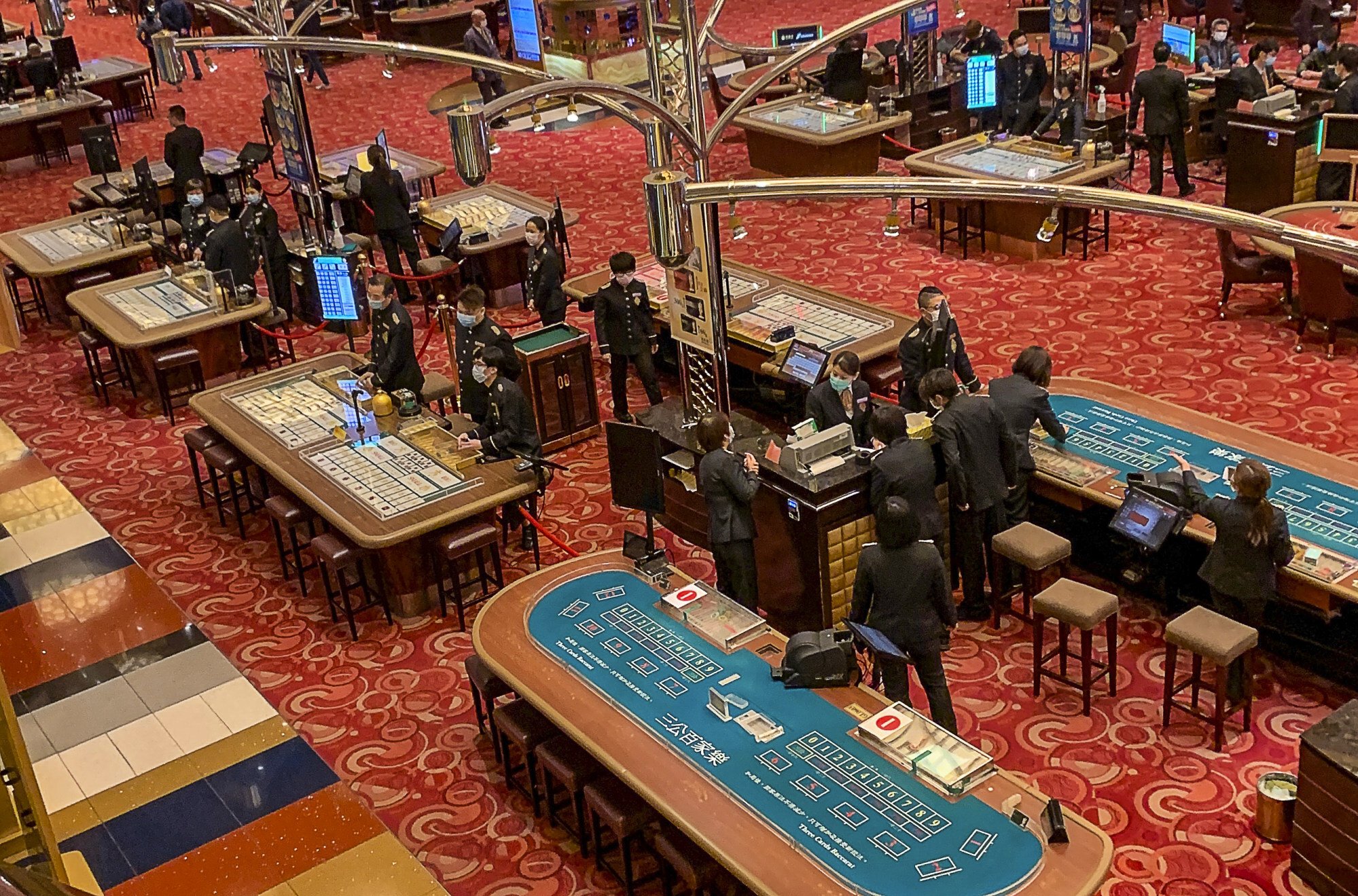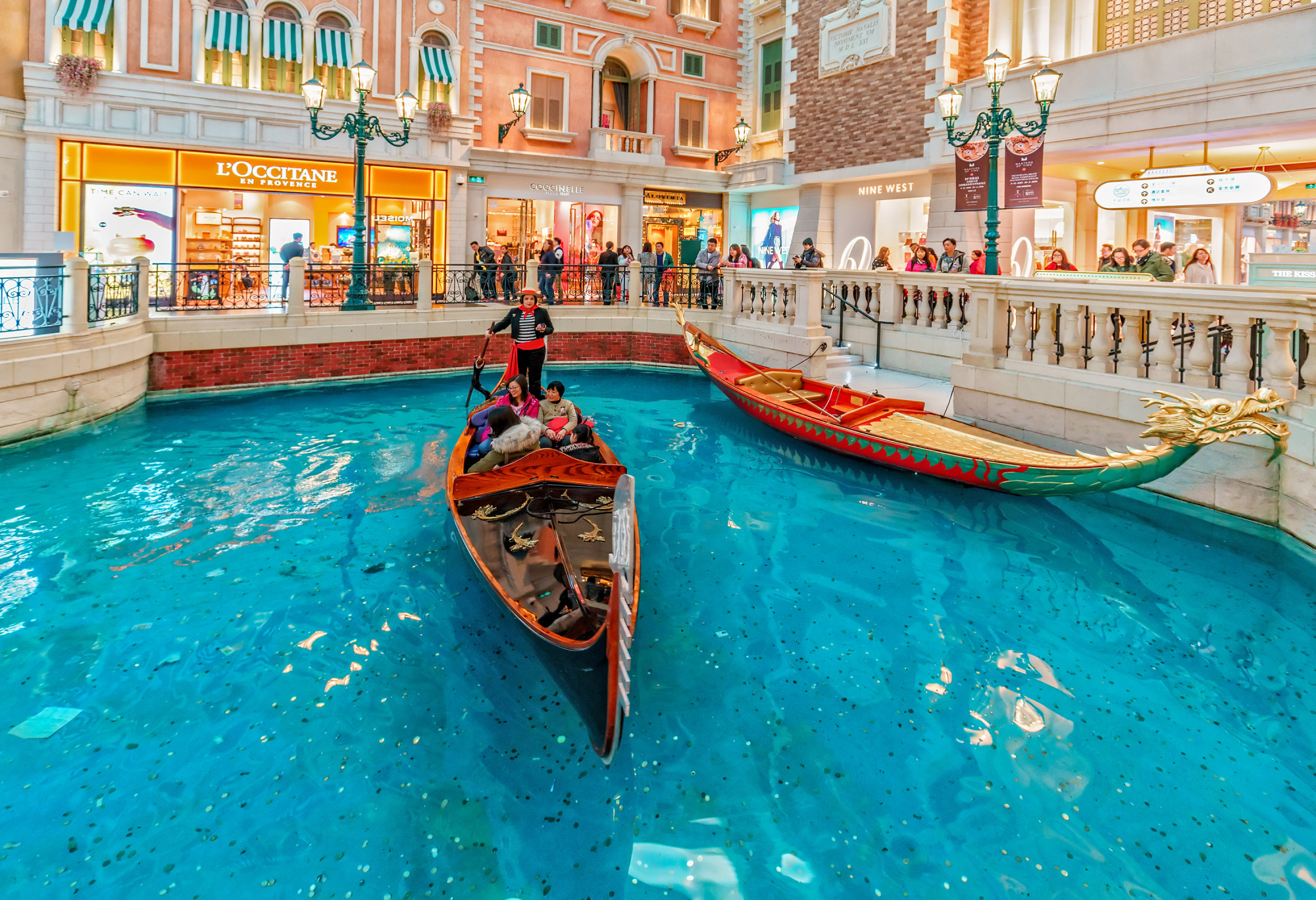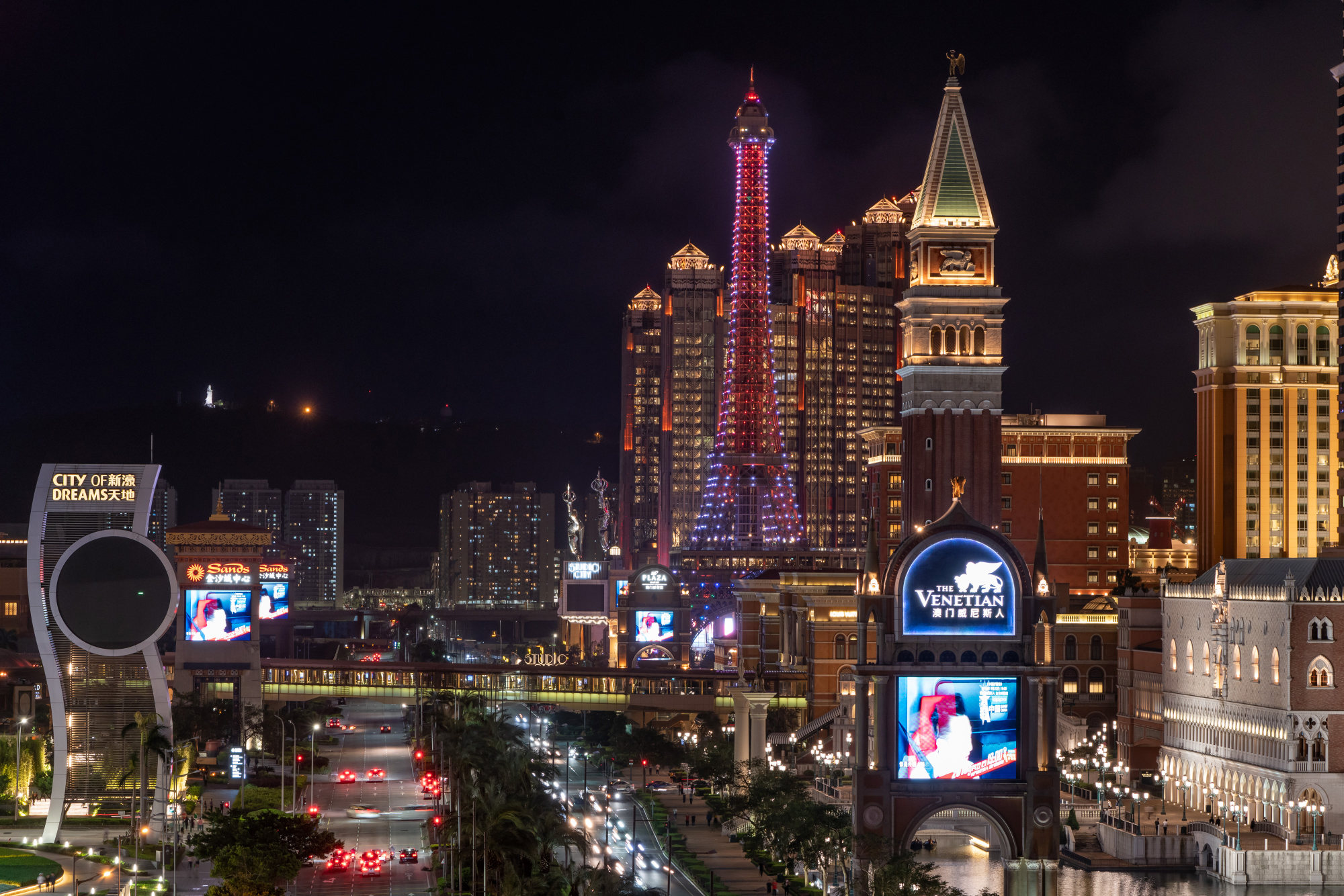
Macau tightens casino licences in the biggest reform of betting laws in the world’s biggest gambling hub
- Six casino licences will be kept, but their duration will be halved to 10 years with up to three years of extension, from 20 years with five-year extensions
- The plan, the culmination of a 45-day public consultation period that ended on October 29 last year, will next go to the legislature for approval before it is gazetted as law
Macau’s government will halve the duration of casino licences and slash their extension periods in the biggest reform of betting laws in 20 years, as it steers the only city that allows legalised gambling on Chinese soil to diversify.
Six casino licences will be kept, but their duration will be slashed to 10 years with up to three years of maximum extension at the government’s discretion, from 20 years with five-year extensions, according to a plan announced on Friday by the city’s government.
The changes were made “to promote the healthy development of Macau’s gaming industry, improve the regulation of the industry and to prevent the possible negative effects of gambling”, said Macau’s Secretary for Administration and Justice Cheong Weng-chon during a media briefing.

The gambling laws of the world’s largest casino hub were liberalised in 2002, opening the lucrative industry to six concessionaires, namely Sands China, Wynn Macau, Galaxy Entertainment, SJM Holdings, Melco Entertainment and MGM China.

The Macau government also proposed to put more permanent residents on the boards of licensed casinos, raising their representation to 15 per cent, from 10 per cent. However, the change to the representation of permanent residents would not apply to existing concessionaires, according to the government announcement.
Public opinion was mostly in favour of raising the threshold, with some calling for up to 50 per cent representation, the government said.
In return for the harsher terms, the government will ease the operating environment for casinos, deciding not to appoint a government representative to oversee their daily operations as suggested in the consultation. Dividends from the casino’s takings will also be unrestricted.
“I would describe it as moderately positive,” because the announced rules are not as detrimental to the industry as expected, said Ben Lee, a consultant at iGamiX Management & Consulting in Macau. “Six concessions provide sufficient competition, and with the market environment expected to remain tough over the next couple of years, six concessions will tear at each other to compete for every dollar.”

Gambling, banned in mainland China because it’s anathema to Communist Party doctrine, remains legal in Macau to this day. First introduced to the territory and legalised in 1850 under Portuguese colonial administration, the operations and concessions were maintained even after Macau returned to Chinese sovereignty in 1999.
The Macau government also said that it would increase the minimum capital for licensed entities from 200 million patacas (US$25 million) to 5 billion patacas.
“With the benign changes and increased regulatory clarity, we view the announcement as a strong positive catalyst for the sector,” UBS analyst Angus Chan said in a report after the Macau government’s announcement.
“With weak demand and balance sheet position now, a 5 billion pataca minimum capital requirement could be a challenge for the incumbents (except for Galaxy), he added.


